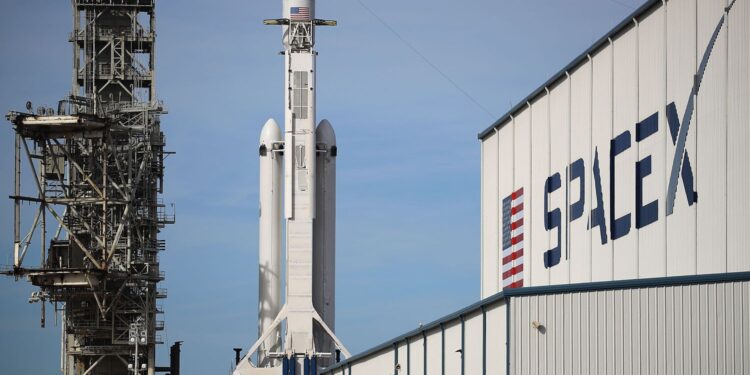On September 28, 2008, Space Exploration Technologies Corp. (SpaceX) etched its name in the annals of space history. The company’s Falcon 1 rocket successfully reached orbit, making SpaceX the first privately-funded company to launch a liquid-fueled rocket into Earth’s orbit. This groundbreaking achievement marked a turning point in the space industry and heralded the dawn of a new era in commercial spaceflight.
The Road to Success
Founded in 2002 by entrepreneur Elon Musk, SpaceX set out to revolutionize space technology and make space travel more accessible and affordable. The journey to this historic launch was fraught with challenges. The company had experienced three failed launch attempts of the Falcon 1 rocket, each providing valuable lessons and pushing the team to persevere.
The Falcon 1 Rocket
The Falcon 1 was a two-stage rocket designed to deliver small satellites into low Earth orbit. Standing at 70 feet tall and 5.5 feet in diameter, it was capable of carrying payloads of up to 670 kg to low Earth orbit. The rocket’s first stage was powered by a single Merlin engine, while the second stage used a smaller Kestrel engine, both developed in-house by SpaceX.
The Historic Launch
On that fateful day in 2008, Falcon 1 lifted off from Omelek Island in the Marshall Islands. After a nail-biting ascent, the rocket successfully achieved orbit, carrying a dummy payload. This fourth flight of Falcon 1 proved that a private company could indeed develop and launch an orbital-class rocket, a feat previously accomplished only by government space agencies.
Impact on the Space Industry
The success of Falcon 1 was a game-changer for the space industry. It demonstrated that space exploration was no longer the exclusive domain of national space agencies. This achievement paved the way for increased private investment in space technologies and inspired a new generation of space entrepreneurs.
Legacy and Future Developments
While Falcon 1 was retired after two successful launches, its legacy lived on in SpaceX’s subsequent developments. The company went on to develop the larger Falcon 9 and Falcon Heavy rockets, as well as the Dragon spacecraft. These advancements have enabled SpaceX to secure contracts with NASA for cargo and crew transportation to the International Space Station.
The success of Falcon 1 was more than just a technological achievement; it was a paradigm shift that opened up new possibilities for space exploration and commercialization. It set SpaceX on a trajectory to become a major player in the global space industry and helped usher in the era of “New Space,” where private companies play an increasingly crucial role in humanity’s journey beyond Earth.
newshub



Recent Comments